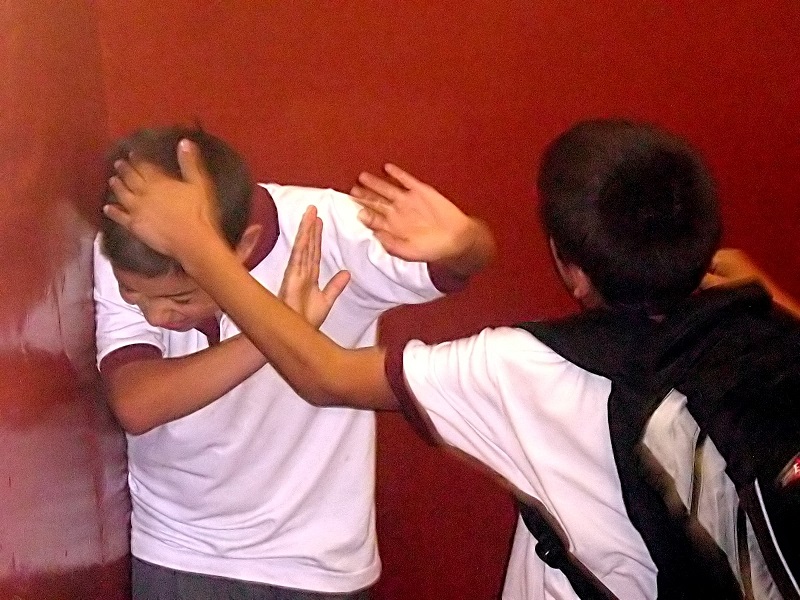Although bullying in schools has always existed, it is estimated that today students have more risk factors such as social networks, which encourage a greater number of cases of physical or psychological school violence. According to the NGO Bullying Without Borders, between 2020 and 2021 alone, 8,981 cases of bullying were reported in the country.
As a measure to combat this phenomenon that has been increasing in recent years, the Congress of the Republic issued Law 1620 of 2013, through which the the National System of School Coexistence and training for the exercise of Human Rights, Education for Sexuality and the Prevention and Mitigation of School Violence. With this system, schools were forced to create coexistence committees to mitigate and prevent different problems among students, including psychological and physical violence. Thus, within their coexistence policies, each student institution must determine the steps to follow when a bullying situation has occurred or school violence between students.
For Beatriz Molina, an expert in criminal law, the foregoing has not been enough, to the extent that children face different factors that transcend the face-to-face school environment and expand to social networks. Therefore, she claims that “Parents and teachers should be instructed about other mechanisms to prevent and combat bullying. In the first instance, the mechanisms established in the school must be activated. And second, in the event that these measures are not working, legal action must be resorted to: civil or criminal, depending on the case.”
Also read: The alleged assailants of a vehicle in the north of Bogotá go to jail
Molina believes that even though the cases have increased over the years, this does not mean that this behavior should be classified as a crime; “the ideal is that schools and families have established educational methods and programs to avoid these cases or so that, in case they arise, an effective solution is given; because in the event that a situation of bullying is taken to court, the conflict may take years to resolve and minors may be re-victimized.” In addition, he adds that it is important that parents and teachers, within the role of educating, do not normalize physical or verbal violence to solve a problem.
However, Molina emphasizes that, despite the fact that bullying or bullying is not a criminal conduct, “The consequences of school violence can cause damage or configure crimes, such as personal injury, insult, theft and even sexual. In this case, the pertinent actions must be activated to hold the minors who are carrying out these acts with criminal consequences responsible for the damages and civilly bind the parents.”
The CMS Rodríguez-Azuero penalist pointed out that not only can there be consequences from the criminal sphere, since You can also seek to repair the damage caused through a civil liability action. non-contractual and, if it is considered that a fundamental right is being violated as a result of bullying, a tutela action can be filed.
In conclusion, to deal with the phenomenon of bullyingyou must seek to solve the problem from the bottom. Well, if from the education of the minor they are not taught how to solve their problems without violence, the possibility of being immersed in legal processes may increase. The problem then must be eradicated from the beginning (from the minor’s education in his early school years) both at home by clearly speaking to him about what his rights and limits are, and at school by reinforcing those limits in his school environment, expanding the mechanisms for reporting victims of bullying, as well as implementing awareness campaigns not only from an ethical and moral point of view but also from a legal perspective, emphasizing the consequences of their actions.






